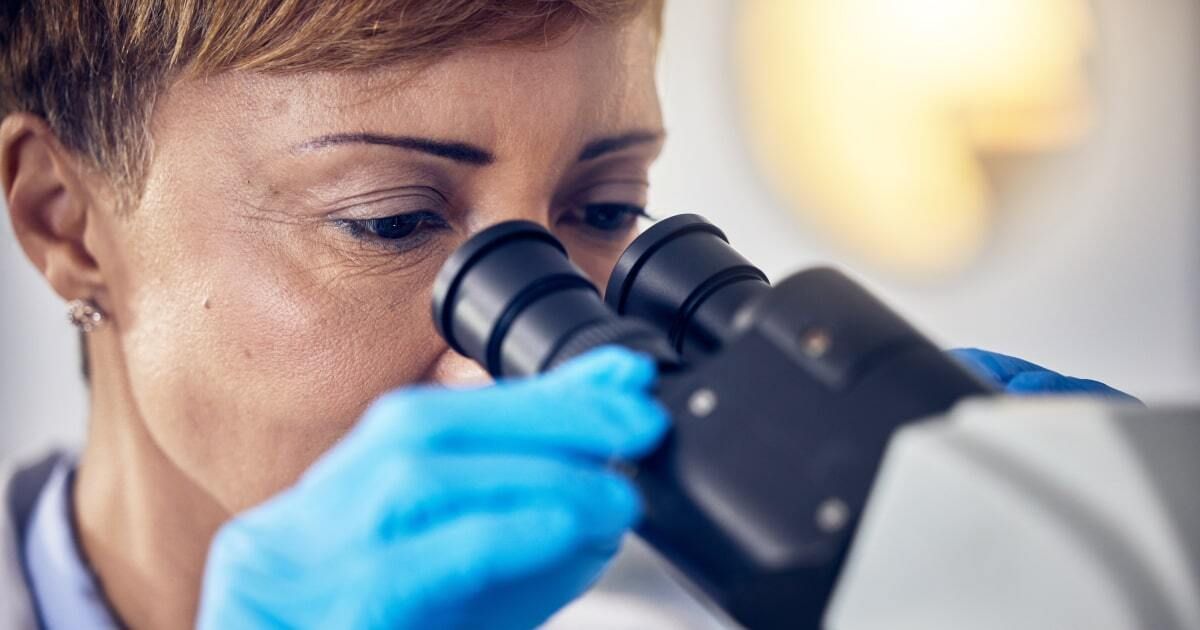Understanding, Diagnosing, and Using Genetic Testing for Cleidocranial Dysostosis

Expert Reviewed By: Dr. Brandon Colby MD
```html
Cleidocranial Dysostosis (CCD) is a rare genetic disorder that primarily affects the development of bones and teeth. This condition, also known as cleidocranial dysplasia, can present a wide array of symptoms that may vary significantly in their severity. In this article, we will delve into the nature of CCD, how it is diagnosed, and the role of genetic testing in managing this condition.
What is Cleidocranial Dysostosis?
Cleidocranial Dysostosis is an inherited disorder characterized by defective development of the collarbones (clavicles), skull, and teeth. Individuals with CCD often have underdeveloped or absent collarbones, which can lead to a narrow and sloping shoulder structure. The skull may have delayed closure of the fontanelles (soft spots), resulting in a softer, more pliable cranium. Dental abnormalities include delayed eruption of permanent teeth and supernumerary (extra) teeth.
Diagnosing Cleidocranial Dysostosis
Diagnosing CCD typically involves a combination of clinical evaluation, imaging studies, and genetic testing. Here’s a closer look at each step:
Clinical Evaluation
The initial step in diagnosing CCD is a thorough clinical evaluation by a healthcare provider. This includes a detailed medical history and a physical examination to identify characteristic features such as underdeveloped or absent collarbones, delayed closure of the fontanelles, and dental anomalies.
Imaging Studies
Imaging studies, such as X-rays, are crucial in diagnosing CCD. X-rays can reveal the extent of clavicle development, the state of the skull bones, and the presence of supernumerary teeth. These images provide essential information that supports the clinical findings.
The Role of Genetic Testing in Cleidocranial Dysostosis
Genetic testing plays a pivotal role in confirming the diagnosis of CCD and providing valuable information for affected individuals and their families. Here are the key aspects of genetic testing for CCD:
Identifying the Genetic Mutation
CCD is primarily caused by mutations in the RUNX2 gene, which is essential for bone and cartilage development. Genetic testing can identify mutations in this gene, confirming the diagnosis of CCD. This information is crucial for understanding the underlying cause of the disorder and for genetic counseling.
Informing Family Planning
Genetic testing can provide valuable information for family planning. Since CCD is an autosomal dominant disorder, there is a 50% chance that an affected individual will pass the mutated gene to their offspring. Genetic counseling can help families understand the risks and make informed decisions about future pregnancies.
Guiding Treatment and Management
While there is no cure for CCD, early diagnosis through genetic testing can guide treatment and management strategies. For example, dental care is a significant concern for individuals with CCD, and early intervention by a dental specialist can help manage dental anomalies. Orthopedic interventions may also be necessary to address skeletal abnormalities.
Participating in Research
Genetic testing can also open doors to participation in research studies and clinical trials. By contributing to research, individuals with CCD can help advance our understanding of the disorder and potentially benefit from new treatments and therapies.
Conclusion
Cleidocranial Dysostosis is a complex genetic disorder that requires a multidisciplinary approach for diagnosis and management. Genetic testing plays a crucial role in confirming the diagnosis, informing family planning, guiding treatment, and contributing to research. By understanding the nature of CCD and utilizing genetic testing, affected individuals and their families can better navigate the challenges associated with this condition and improve their quality of life.
For more detailed information and references, please visit: Semantic Scholar API.
```
About The Expert Reviewer
Dr. Brandon Colby MD is a US physician specializing in the personalized prevention of disease through the use of genomic technologies. He’s an expert in genetic testing, genetic analysis, and precision medicine. Dr. Colby is also the Founder of and the author of Outsmart Your Genes.
Dr. Colby holds an MD from the Mount Sinai School of Medicine, an MBA from Stanford University’s Graduate School of Business, and a degree in Genetics with Honors from the University of Michigan. He is an Affiliate Specialist of the American College of Medical Genetics and Genomics (ACMG), an Associate of the American College of Preventive Medicine (ACPM), and a member of the National Society of Genetic Counselors (NSGC)